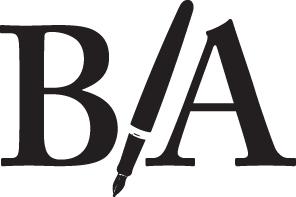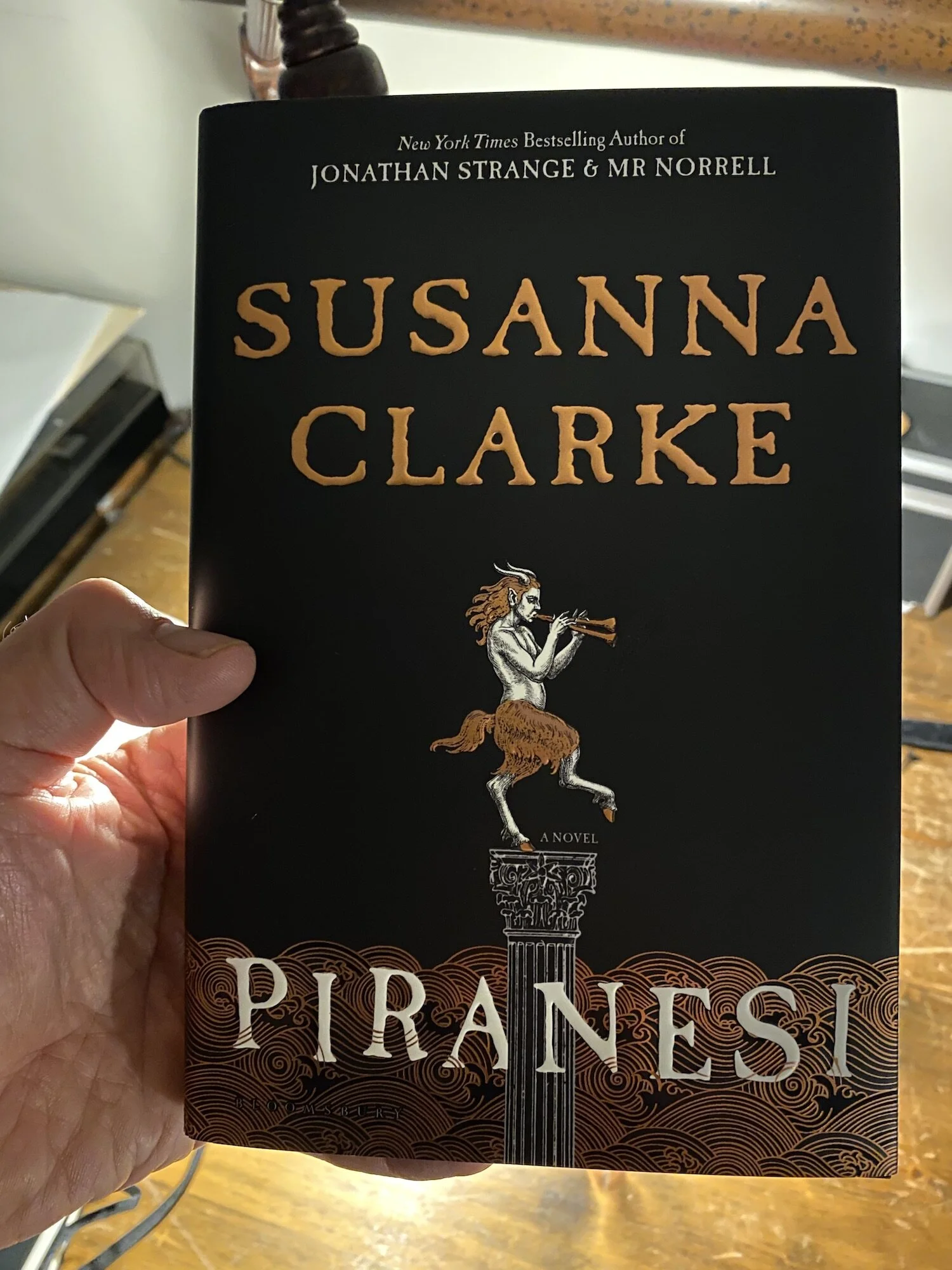The Reading List: September 2020
It’s been a year. We’re about to hit Q4.
While it’s not healthy to ignore trauma, there are ways of coping.
For me, reading is a way. Of course, I would read a lot even if there weren’t a pandemic, political chaos, massive climate change complications, and ongoing social justice issues boiling to a head.
But in times such as these, reading helps.
Here’s how I’m coping through what I’m reading.
Orthodoxy by GK Chesterton
I’m in the middle of an early to mid-20th Century British Christian thinker rediscovery process. I read “The Man Who Was Thursday” earlier this year. Chesterton is entertaining, in that he uses some razor-sharp satire as he makes his arguments. Chesterton is a master of this. Orthodoxy is a portrait of how to think about truth and well worth the read, despite the century-old, verbose writing style. We live in an increasingly dualistic age. Chesterton reminds us that dualism is not a Biblical way of thinking. The spiritual and the physical, the sacred and secular, are not the chasms we make them out to be.
“Fairy tales say that apples were golden only to refresh the forgotten moment when we found that they were green. They make rivers run with wine only to make us remember, for one wild moment, that they run with water.”
On Writing by Stephen King
Hands down, one of the best books on the subject of the writing craft. The memoir format tells a story while also giving tips on what it means to be a better writer. The insight into King as a person is also fascinating. It seems like horror writers should be terrifying sociopathic sickos. King grew up a typical boomer who read comics and went to the movies and ended up writing stories about the stuff he liked.
One of the classic pointless questions is “what kind of pencil does Stephen King use?” While this little volume doesn’t answer the questions directly, it is full of principles practices that will make one a better writer.
I typically don’t read Stephen King because I’m not a fan of his genre. This book is a must-read for writers, no matter what genre they read (or write).
“Amateurs sit and wait for inspiration, the rest of us just get up and go to work.”
The Culture Map by Erin Meyer
Much of the work I do is cross-cultural. Renee’ and I work with people working in countries all over the world. I am currently teaching cohorts of cross-cultural non[profit workers how to lead in their organizations and social enterprises. This is possibly my new favorite book.
Meyer codifies culture and places it on a measurable framework — without taking away the complexity of humanity. Her work and the research in this book provide a huge jumpstart for understanding the challenges of cross-cultural work. I highly recommend it.
“When interacting with someone from another culture, try to watch more, listen more, and speak less.”
Leviathan Wakes (The Expanse) by James SA Corey
Simply put, some of the best-written sci-fi I’ve ever read. Set 200 years in the future, the solar system is being colonized. We’ve managed to get people on Mars and in the asteroid belt, as well as a few planetary moons. Distinct cultures have formed on Mars and in the Belt — and now someone is trying to start a war between them. We don’t know who. We don’t know why.
The plot is engaging and believable. The characters are relatable. The sci-fi tropes are present, yet surprising. The themes are important.
I can’t wait for my next Audible credit, as I plan to listen to the entire series. (The show on Amazon Prime does a pretty good job with this story. However, like most things, the book is vastly better.
“Living on the surface of a planet, mass sucking at every bone and muscle, and nothing but gravity to keep your air close, seemed like a fast path to crazy.”
Loonshots: How to Nurture the Crazy Ideas That Win Wars, Cure Diseases, and Transform Industries by Safi Bahcall
Finishing this one up this week — and it’s interesting. A lot of storytelling about innovation in technology over the past 100 years. I’m not to the final chapters in which I hope to find something more practical and applicable.
So we shall see.
“Artists working on loonshots and soldiers working on franchises have to feel equally loved.”
That’s what I’m currently reading.
I just received the new Susanna Clark book in the mail yesterday. Not gonna lie. I may put everything on hold to read it.

